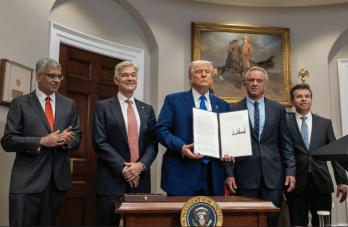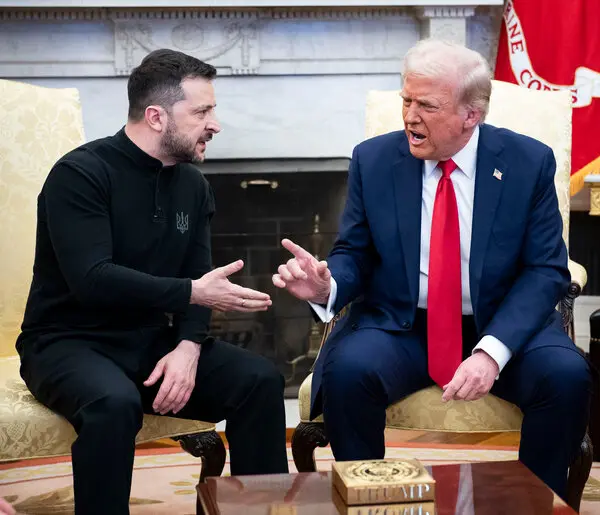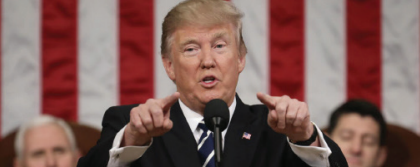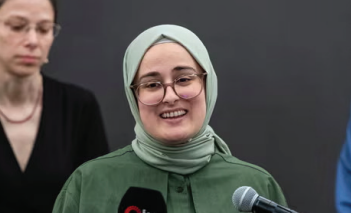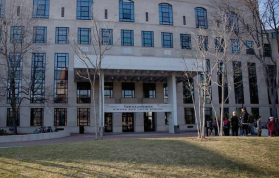On January 20th, the world watched in equal parts awe and dread as Donald Trump laid his hand near the Bible for his second inauguration ceremony. Held inside the Capitol building, the 47th President of the United States made his intentions for the next four years clear. The significance of this day cannot be overstated. President Trump’s historic return to the presidency places him on par with record holders like President Grover Cleveland, who was the first to serve a non-consecutive term. The aloofness and explorational vibes of his first presidency have now been replaced by a palpable seriousness and efficiency for this new set of policy goals. In his inauguration speech, President Trump reaffirmed his commitment to addressing several socially divisive topics, such as American expansionism, interstellar manifest destiny, migrant deportations, and securing the southern border–topics that took up a significant portion of his address.
Trump’s speech made it clear that he intends to follow through on his campaign promises. Having won the popular vote on these ideas, it is evident that a majority of Americans support his vision, though not all are convinced of its feasibility. Daniel Bronstein ’25, a well-educated resident of Cambridge MA, criticized Trump’s rhetoric, stating, “Trump is cherry-picking vestiges of America’s nostalgic past to legitimize America’s expansion at the cost of our neighbors.” This critique is particularly relevant as Trump has announced plans to reclaim the Panama Canal from the Panamanian government and purchase Greenland from Denmark. It appears that Trump is reinterpreting and acting upon the Monroe Doctrine, arguing that these actions are necessary to curb Chinese influence in the Americas—specifically in the emerging Northwest Arctic sea routes and Panama’s involvement in the Chinese Belt and Road Initiative.
Another notable feature of the inauguration was the President’s guests, which included some of the most powerful tech and business tycoons in America: Elon Musk, Jeff Bezos, Mark Zuckerberg, Tim Cook of Apple, and Sam Altman of OpenAI. As the cameras swept the room, they would often focus on them, almost as if they were on display. While Musk openly supported Trump’s campaign, most of these tycoons did not—–but they were quick to collaborate with him following his victory. Several Cambridge citizens were concerned with the level of influence these billionaires would now have over the president. A respected member of the Cambridge community Erik Stauffer ’25 warned, “Trump is turning America into a tech-oligarchy, where billionaires can regulate their own industries and become richer while the rest of the country is left behind.” Another concern voiced by a leader of the Political Awareness Club, Alejandro Stefan Rojas-Pratt ’25 highlighted, “The arrangements made by these tycoons from their new positions on the inside will certainly not benefit anyone other than themselves and the administration.” Stauffer and Rojas-Pratt’s concerns are not unwarranted, as billionaire Elon Musk will certainly play a major role in dictating the ability of the government to function through the Department of Government Efficiency. While the inauguration certainly set the impression of a golden age, it remains to be seen whether President Trump will serve his people to a golden standard.
This article also appears in our February 2025 print edition.



